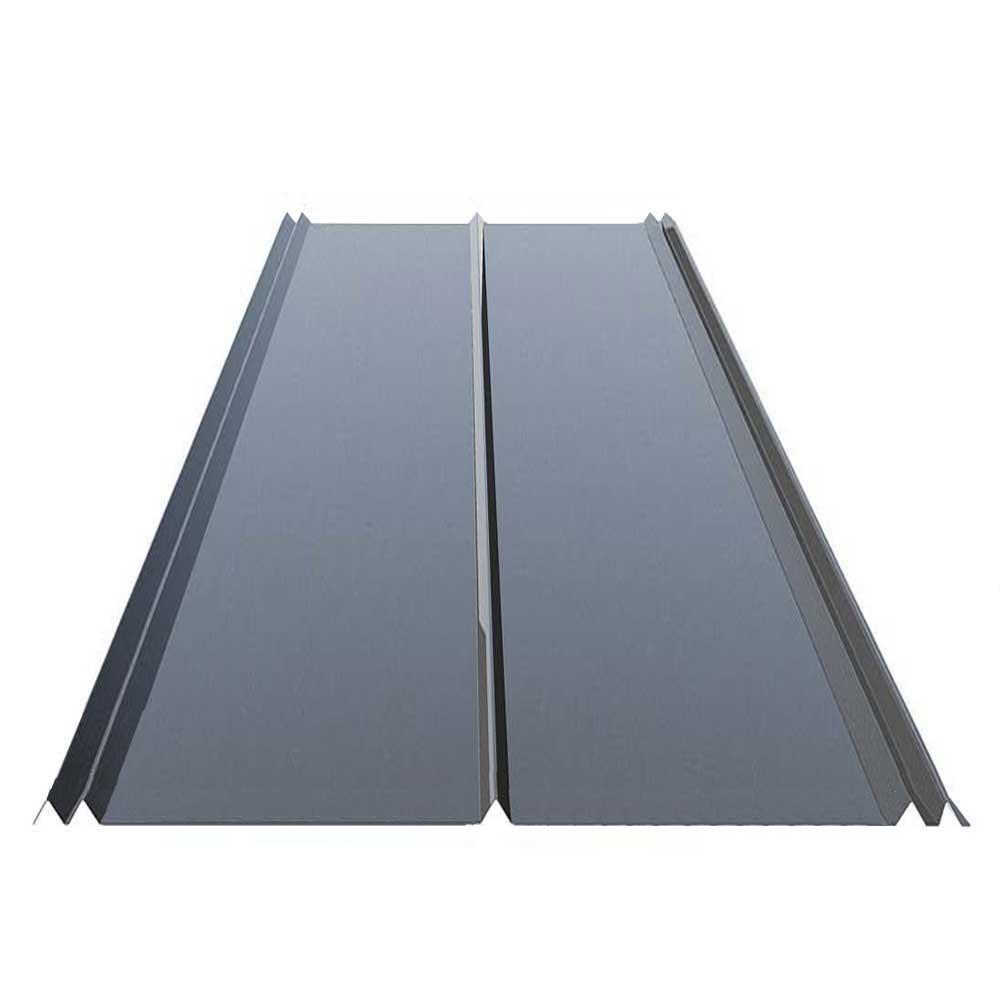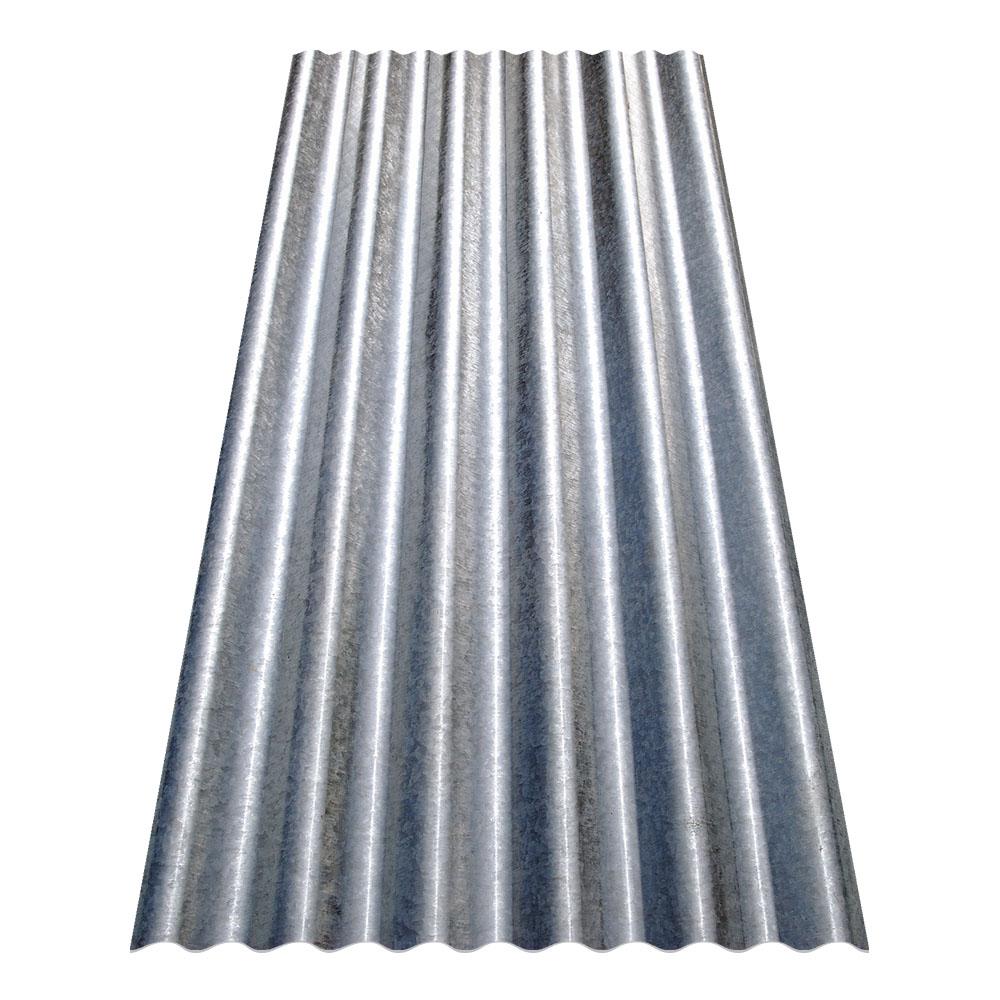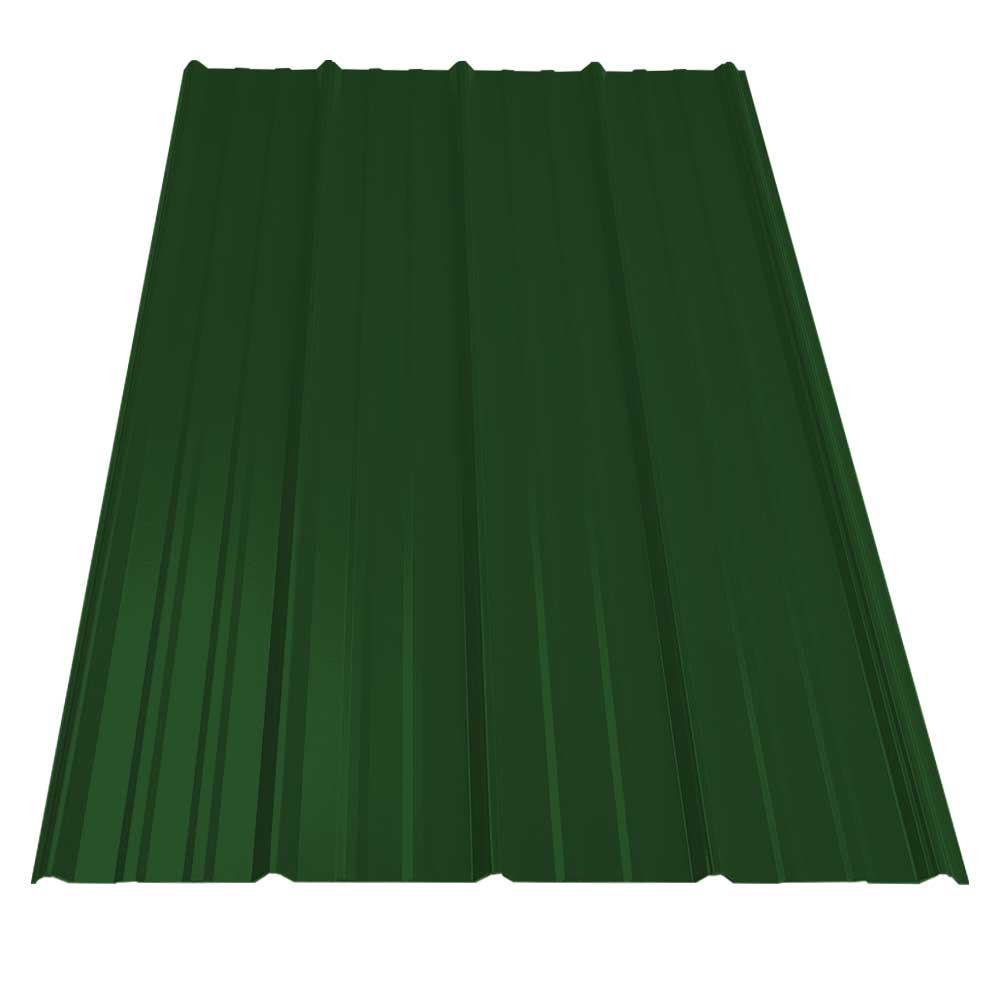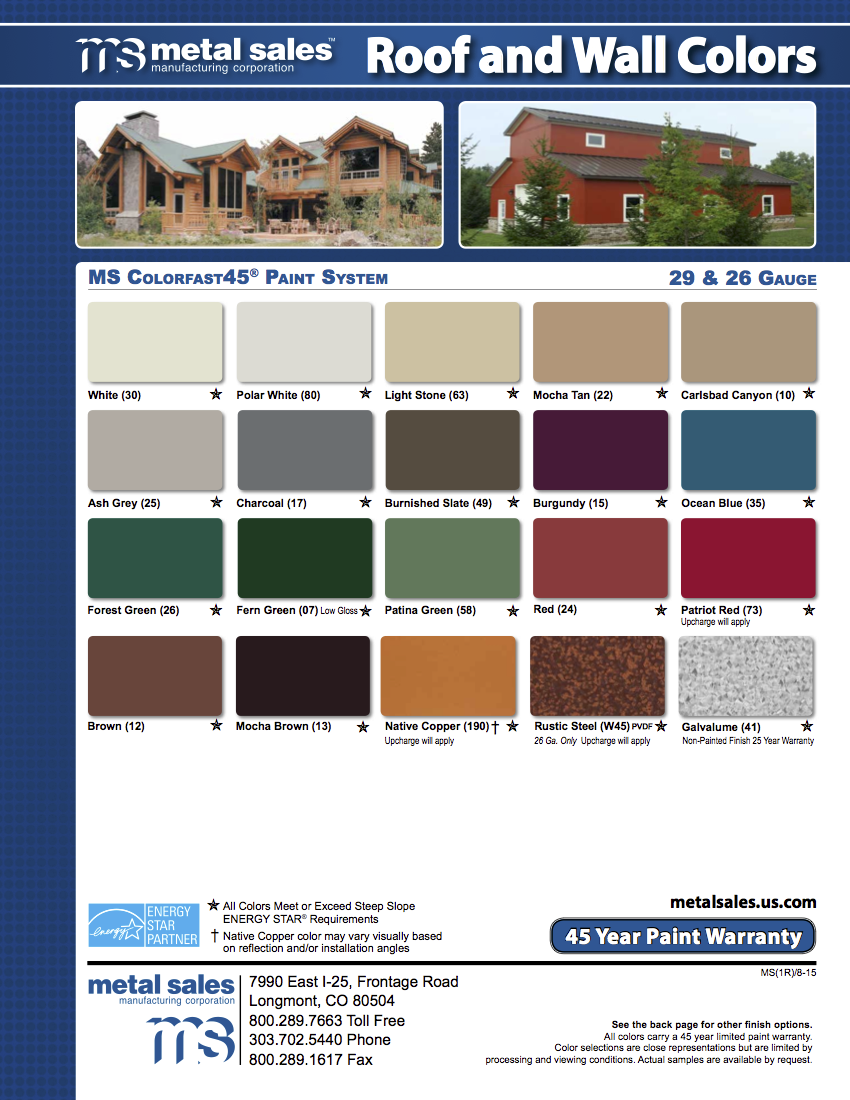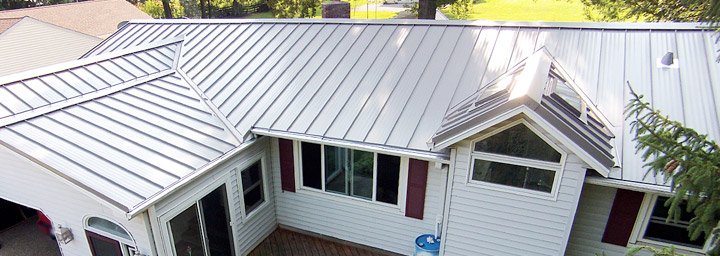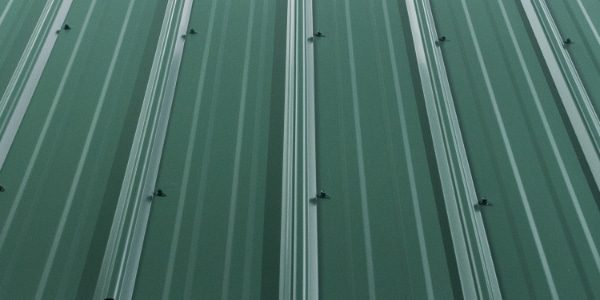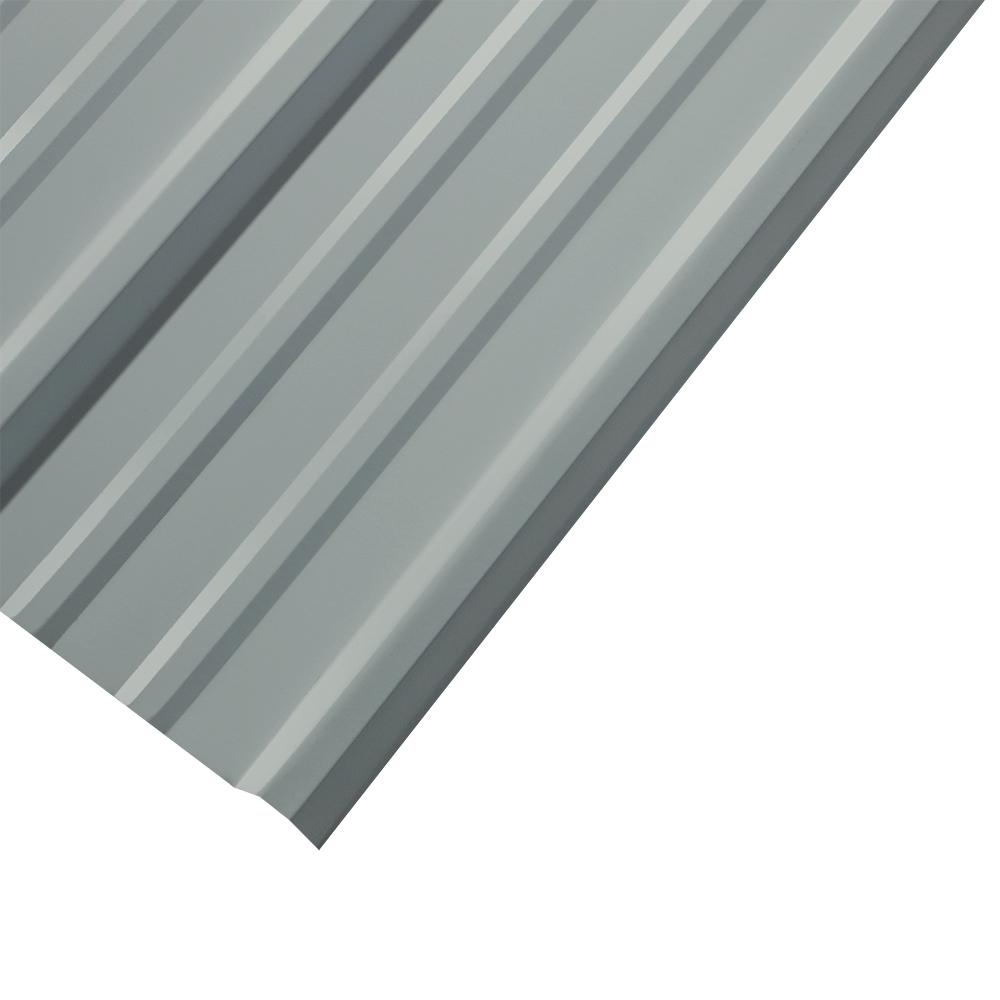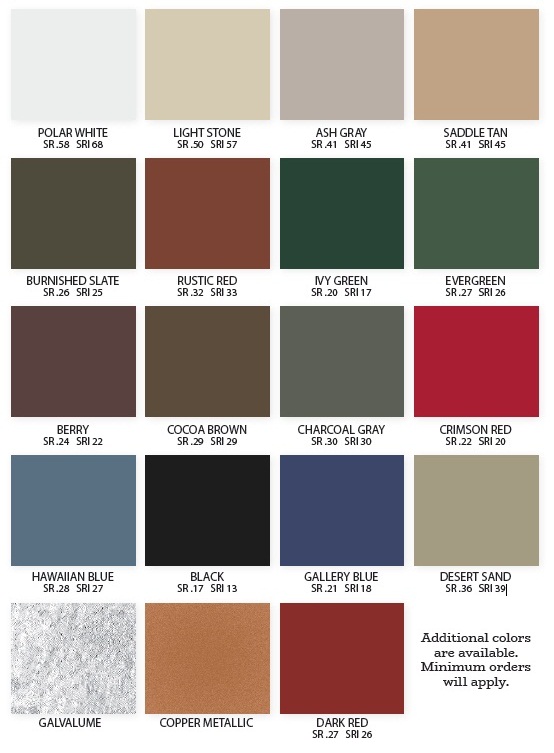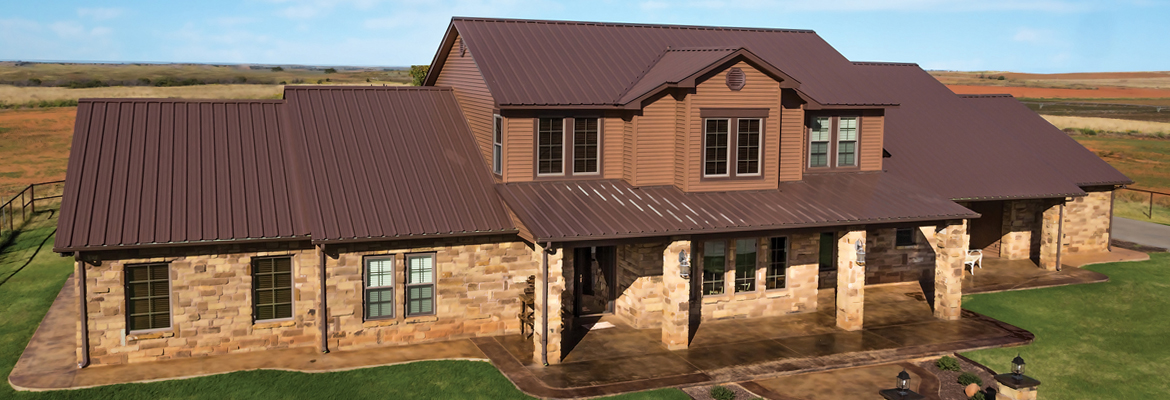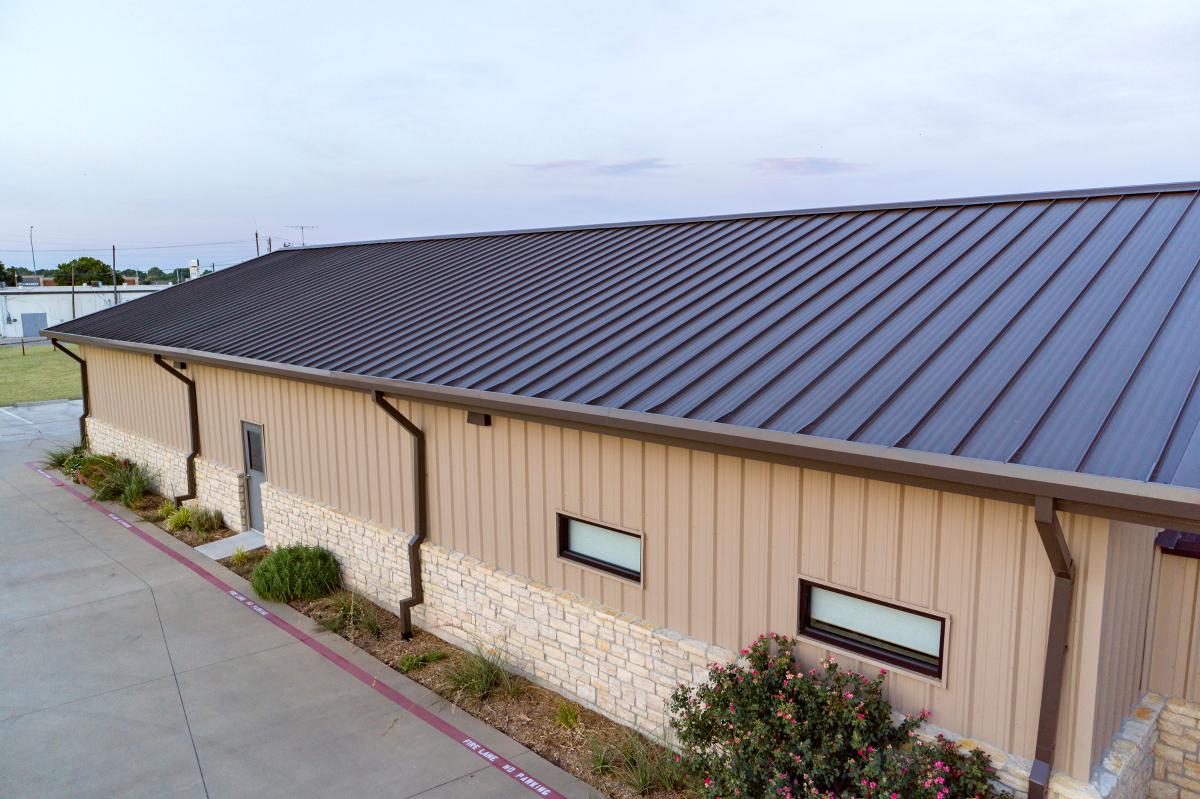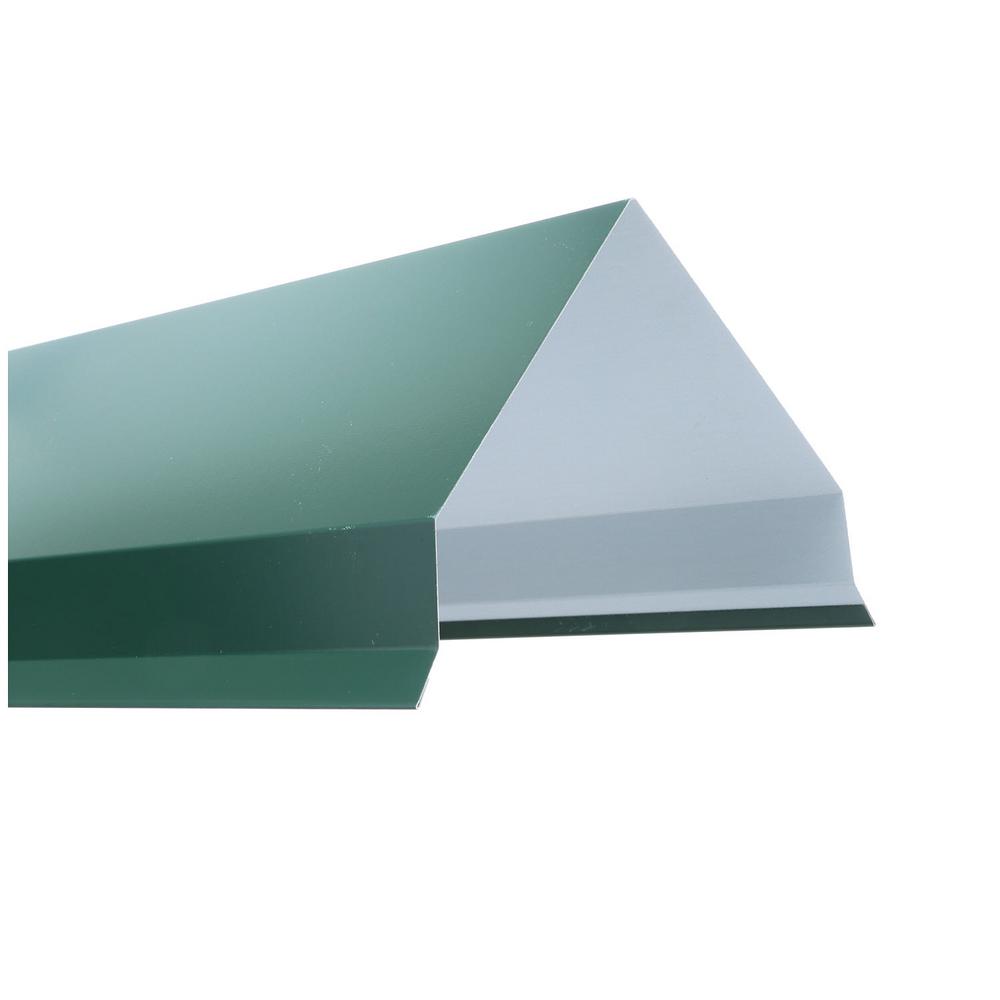29 Gauge Metal Roofing Thickness In Inches

24 gauge 20 gauge 18 gauge and 16 gauge.
29 gauge metal roofing thickness in inches. Most homes in residential areas use 29 gauge metal panels. 29 26 gauge is the thicker metal. It is done primarily only with steel today. Gauge is the thickness of the metal used for a roof.
For instance stainless steel will have a difference in inches than carbon steel. Kynar galvalume steel for metal roofing and gutters. The weight of 29 gauge metal roofing may differ though depending on the type of metal that you choose. For example a 26 gauge steel panel can range between 0 0179 and 0 0217 inches thick according to a university.
Most metal roof and wall panels on the market are between 22 29 gauge with 20 gauge being the thickest and 29 gauge being the thinnest panels sold. Metal roof panels are measured by gauge and are usually between 22 and 29. Each number represents a range of inches 0 0179 to 0 0217 for example so two roofs may have the same gauge but slightly different thicknesses. When it comes to 26 vs.
How do you measure sheet metal thickness. 28 gauge steel has an average thickness of 0187 minimum 0157 and 26 gauge is 0217 minimum 0187. What is a roof gauge. The gauge of a metal roof refers to its thickness and the higher the gauge the thinner the metal.
Other common roofing metals such as aluminum and copper have gone on to refer to metal thickness in decimal form representing exactly how thick the metal is in inches. New gibraltar building products 16 ft. New gibraltar building products 8 ft. Set your store to see local availability add to cart.
Kynar aluminum for metal roofing. Sm rib galvalume steel 29 gauge roof siding panel in slate model 987635 28 48 piece 28 48 piece delivery unavailable. 29 gauge steel the standard in the post frame industry has an average thickness of 0172 of an inch with a minimum of 0142. Gauge refers to the thickness of the panel and is represented in number form.
For example standard 29 gauge steel roofing made in long panels is about 0 36 millimeters thick and the 26 gauge version is slightly thicker at 0 48 millimeters. Each gauge represents a nominal decimal range. 26 gauge 24 gauge 20 gauge 18 gauge 16 gauge 14 gauge 1 8 and 1 4. We know from experience that one of the choices that is sometimes overlooked is which gauge metal to use.
Manufacturers express the thickness of metal panels as their gauge with 22 gauge being the thickest and 29 gauge the thinnest of traditionally sold metal roof and wall panels.

